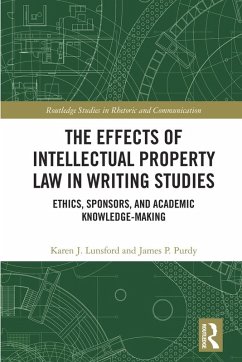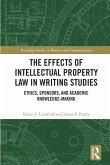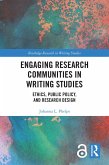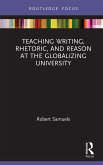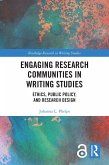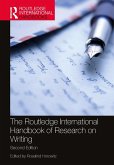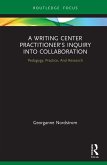Dieser Download kann aus rechtlichen Gründen nur mit Rechnungsadresse in A, B, BG, CY, CZ, D, DK, EW, E, FIN, F, GR, HR, H, IRL, I, LT, L, LR, M, NL, PL, P, R, S, SLO, SK ausgeliefert werden.
Nominated for the 2021 CCCC Advancement of Knowledge Award
The Effects of Intellectual Property Law in Writing Studies has been selected by BookAuthority as:
- #2 in the "10 Best New Property Law eBooks To Read In 2020": https://bookauthority.org/books/new-property-law-ebooks
- #23 in the "29 Best Property Law Books of All Time": https://bookauthority.org/books/best-property-law-books
"In their smartly conceived and carefully crafted book, The Effects of Intellectual Property Law in Writing Studies: Ethics, Sponsors, and Academic Knowledge-Making, James P. Purdy and Karen J. Lunsford have written what might be the definitive work on intellectual property in the field of writing studies. The authors present a retrospective of the role of IP in academia, and build on this rich history with new IP stories representing the lived experiences of a broad sampling of writing studies professionals from across the discipline. Original insights anchored in adept storytelling make this book a compelling read for anyone seeking deep understanding of IP with the goal of making more informed, mindful decisions across their various roles as writing teacher-scholars."
Jessica Reyman, Northern Illinois University, USA

